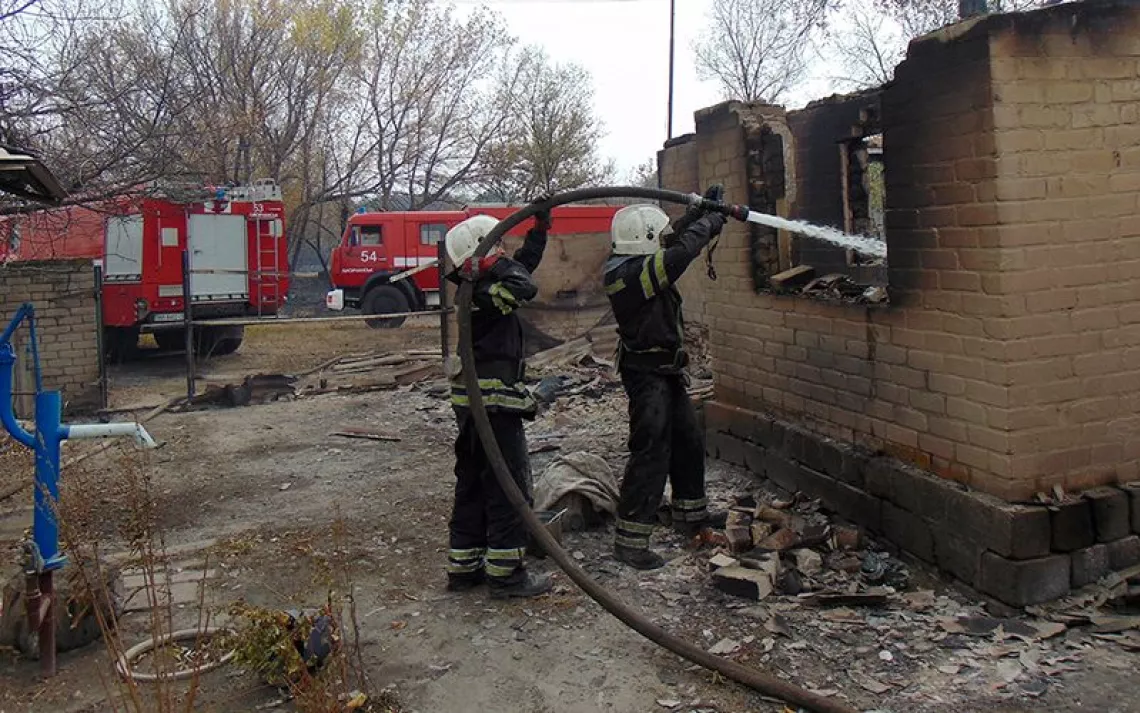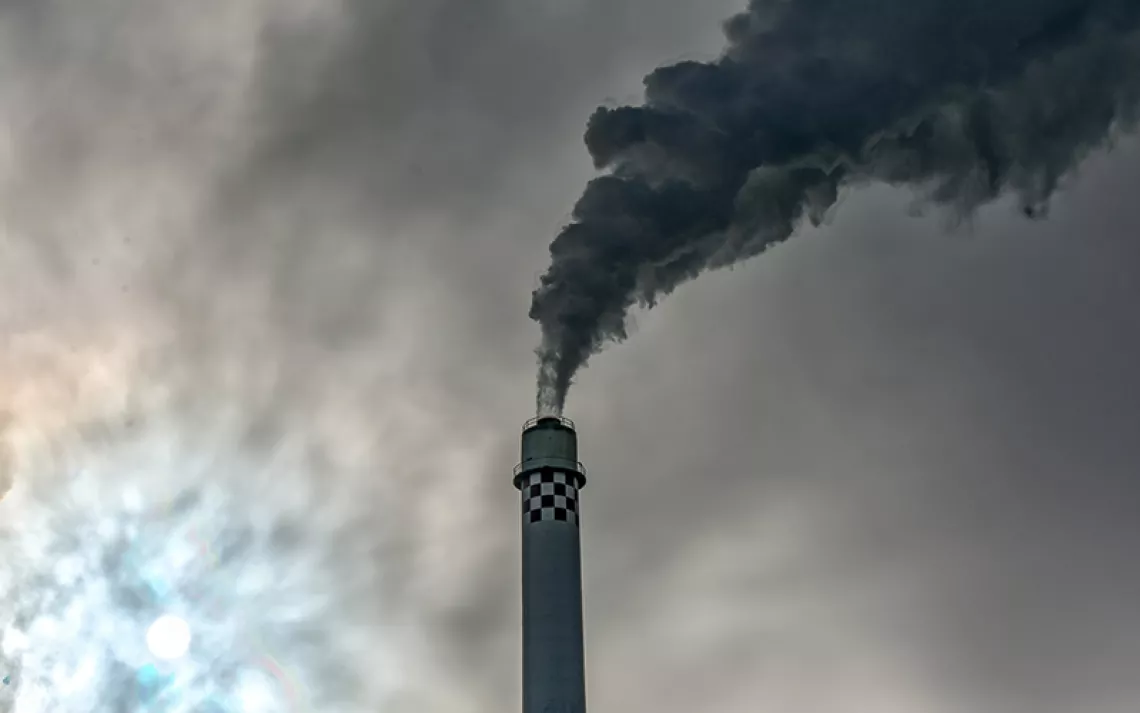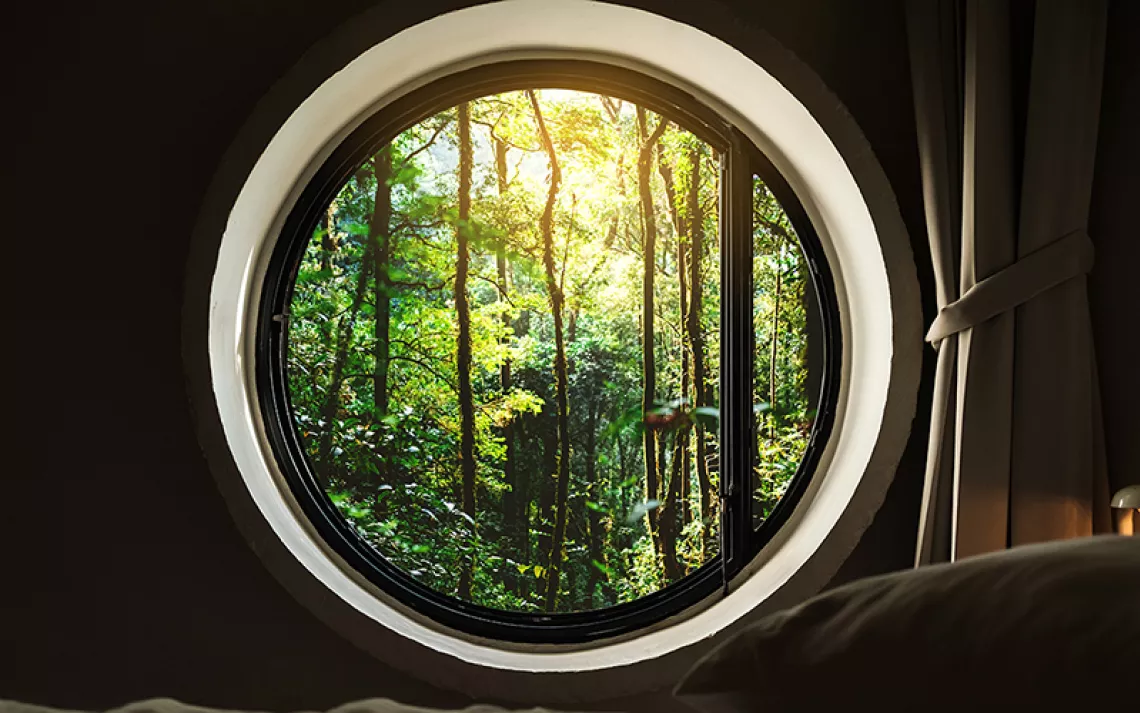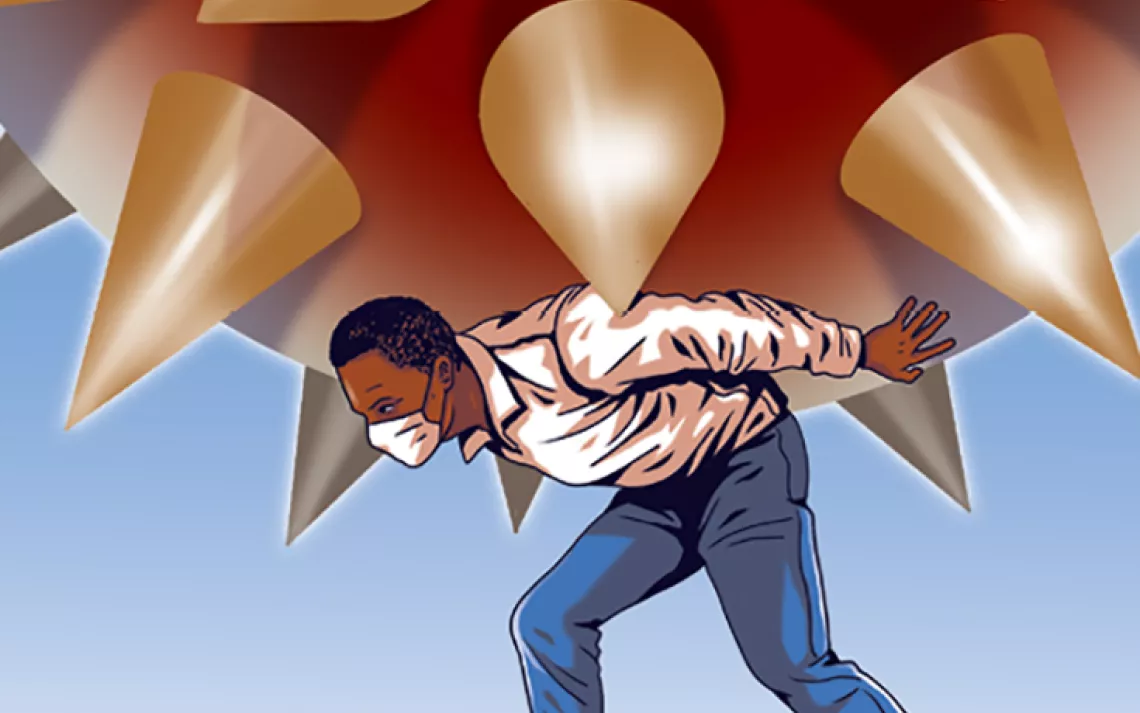Citizen Science Done Safely
The pandemic poses many obstacles for volunteer researchers
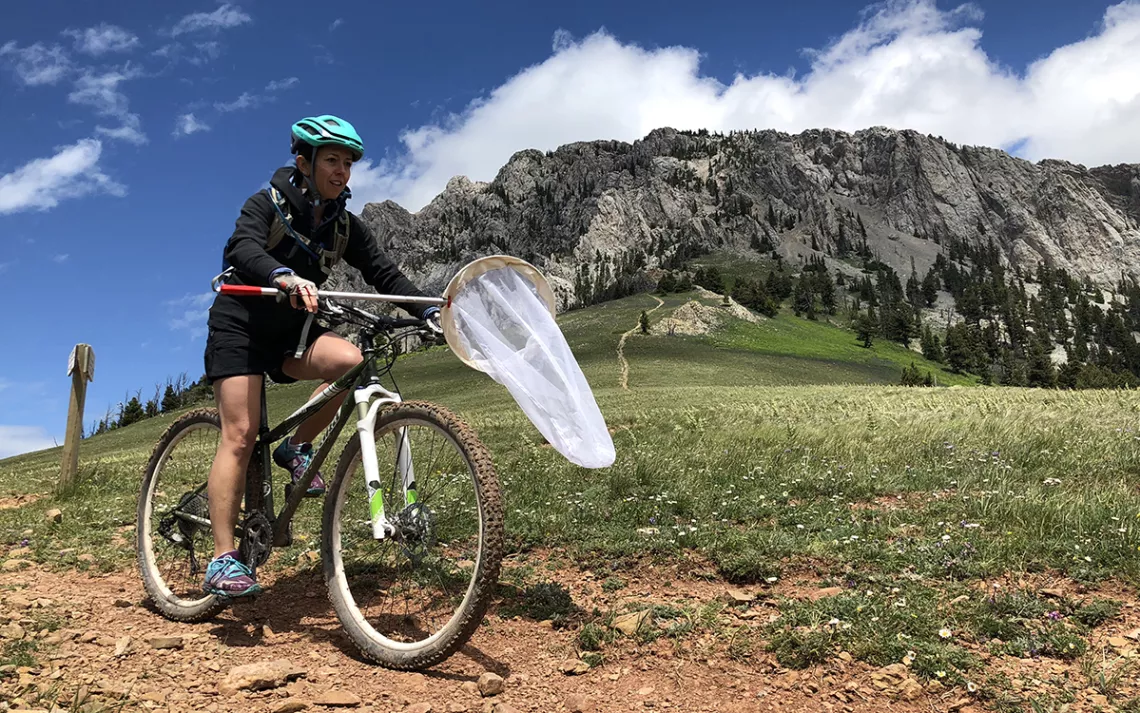
Photos courtesy of Adventure Scientists
In normal times, July would be high season for natural scientists working in the field. The same goes for “citizen scientists,” the armies of volunteers who help researchers collect data. In ornithology, their work starts with the spring migration and breeding seasons. This year, however, that seasonal dance has been largely thrown out the window due to the pandemic.
What happens to citizen science projects when the citizens are under lockdown? Some of the effects are predictable. Many field-based projects—especially those that take place in groups, and on public lands—have been canceled. Among the casualties are BioBlitzes, the timed challenges where participants log as many species as possible within a certain area. These popular events are staged by parks, local governments, and other organizations, but right now, they’re largely canceled. Similar birdwatching events, like the Texas Classic Big Sit, have also been nixed.
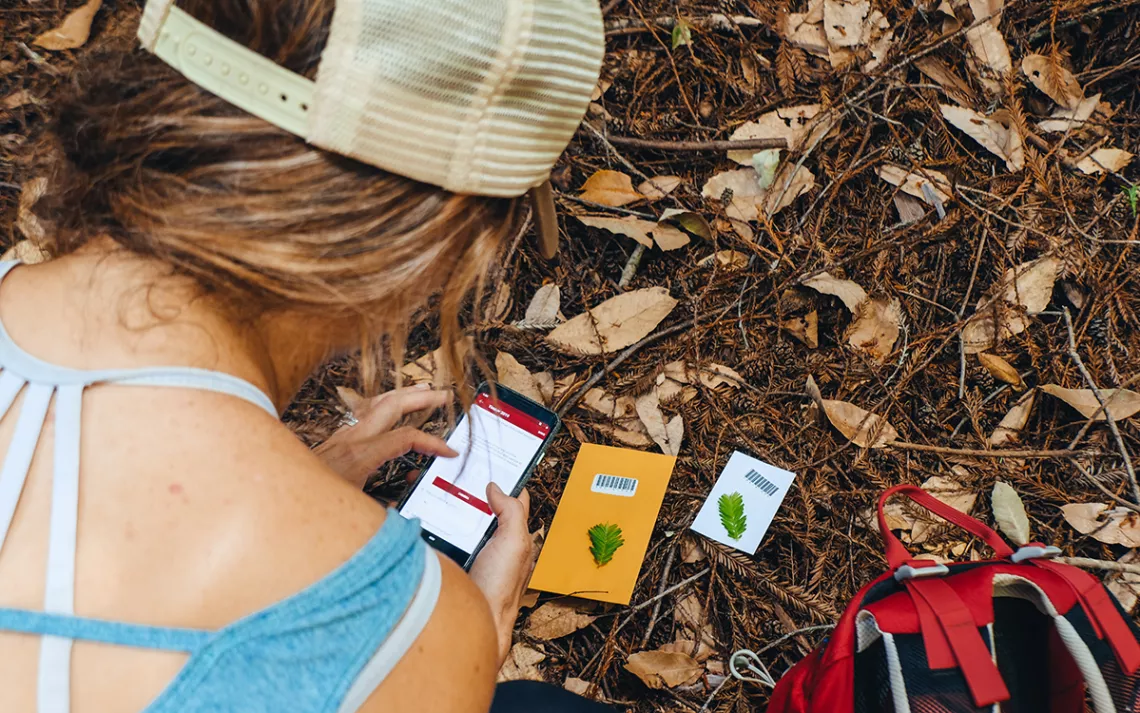
Natural science projects by graduate students, which often involve a citizen science component, have been particularly hard hit. “I feel horribly for the grad students out there right now who have two, maybe three field seasons to collect data for their theses or their dissertations,” says David Bonter, the Arthur A. Allen director of citizen science at the Cornell Lab of Ornithology. “If you wipe out one of those field seasons, their career will literally be impacted for many, many years.”
This sentiment is echoed by many researchers, including Caren Cooper, an associate professor at North Carolina State University and author of Citizen Science: How Ordinary People Are Changing the Face of Discovery. One of Cooper’s graduate students, Lauren Pharr, had planned a citizen science study of how light pollution affects the health of northern cardinals. It would have required volunteers to measure light levels and then allow Pharr to capture cardinals near their homes. “With the pandemic, we've had to postpone the project and are likely now going to simply cancel it,” Cooper told Sierra in an email. “Instead, Lauren will base her master's thesis on a slightly different topic and use existing data from NestWatch.”
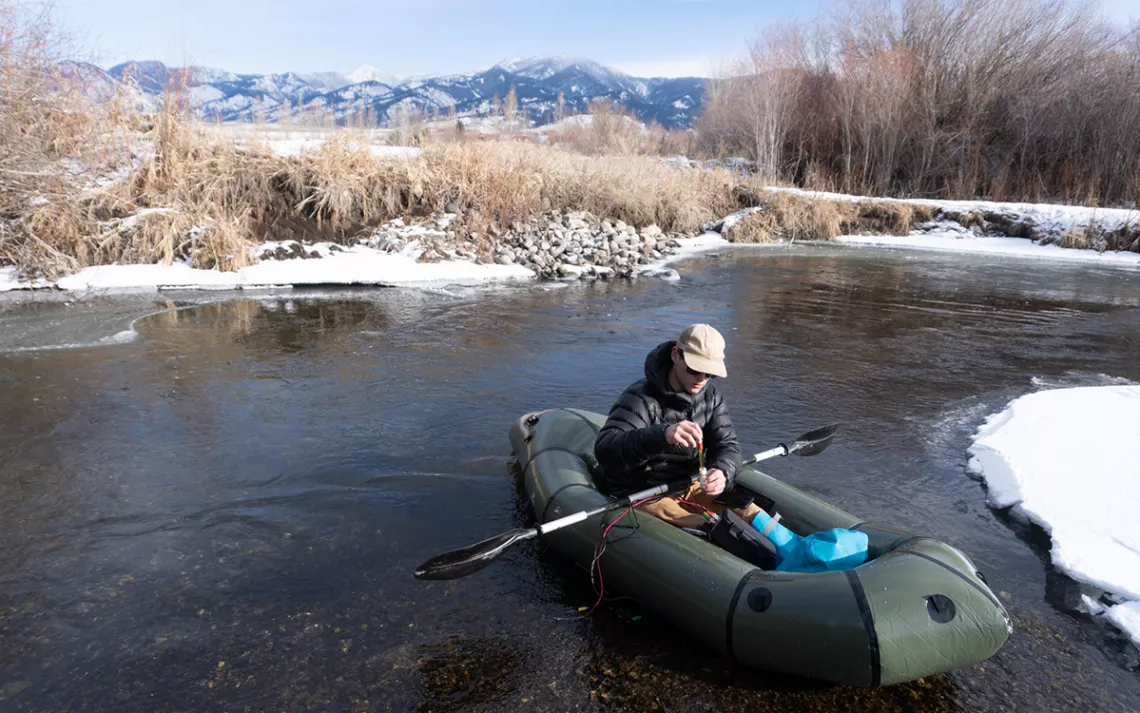
Scientists who cannot easily change the focus of their research projects are trying to come up with plans to resume them when it’s safe to do so. Adventure Scientists is a consulting firm that provides researchers with boots-on-the-ground volunteers in challenging areas. “Currently we're waiting until [stay at home] orders are lifted, and then we'll be in a holding pattern to watch for transmission spikes,” says Joshua Theurer, the firm’s project creation manager. “We'll then reassess whether to relaunch projects.” Even then, Theurer says he will carefully monitor regional conditions across their projects to maintain volunteer safety.
Not all citizen science projects are negatively affected. Those that can be done entirely online or from one’s home have seen massive boosts in participation. While Cooper’s cardinal project was axed, her Crowd the Tap water safety study, which can easily be done at home and even has lesson plans for high school teachers, has seen an increase in participation.
“We've seen a huge spike in downloads of our free bird ID app called Merlin—hundreds of thousands above what we'd expect at this time of the year,” says Bonter. Online projects like Zooniverse, Fold It, and SciStarter, which can be done anywhere and with minimal commitment and training, are also thriving.
If there’s a bright side to the pandemic, it’s that the extra participation in online-based citizen science projects is leading to an even greater amount of data. The Cornell Lab of Ornithology, for example, generates massive amounts of data in normal times; now, the amount of usable data it collects is increasing each day. Any researcher is welcome to use this data, although the research questions this data pool can answer are more limited than if other field projects were able to proceed as normal.
Despite the challenges brought on by the coronavirus pandemic, Bonter is still optimistic. “We know that society in the last couple of decades has become more and more separated from the natural world. That's a problem. Hopefully, this enforced pause for all of us will help us sort of reset our priorities and reconnect with the natural world a little bit more.”
 The Magazine of The Sierra Club
The Magazine of The Sierra Club
